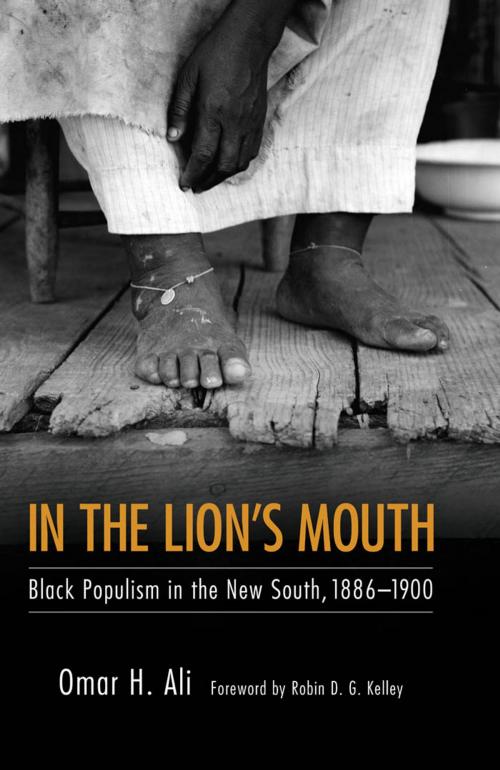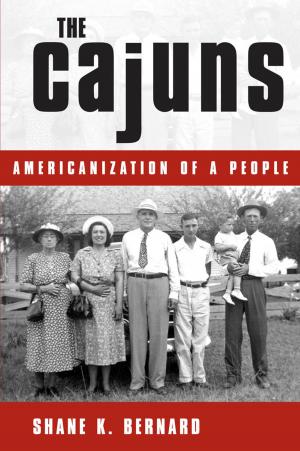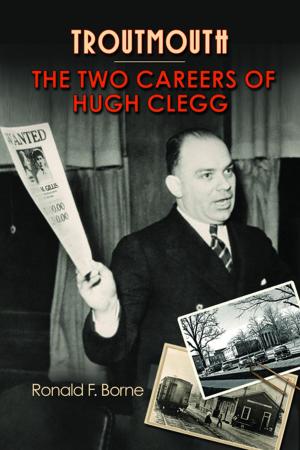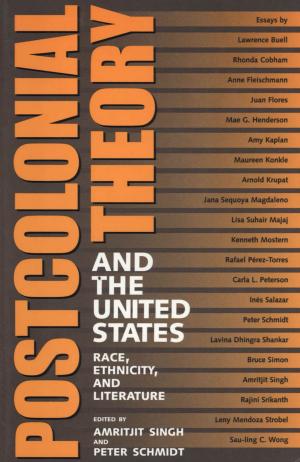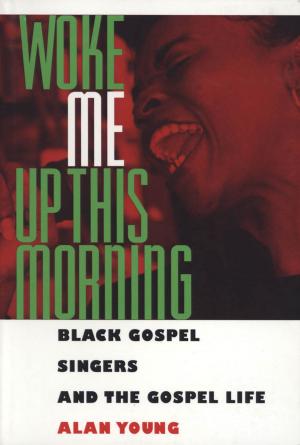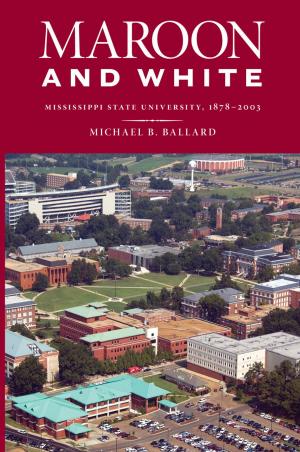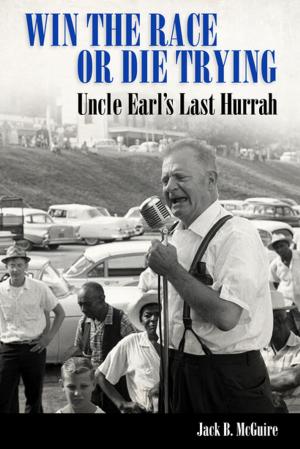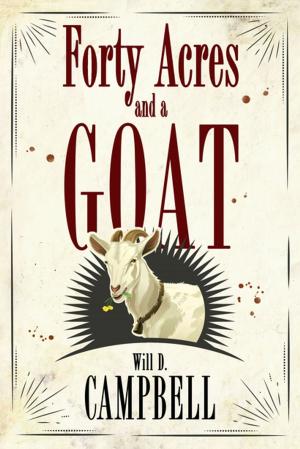In the Lion's Mouth
Black Populism in the New South, 1886-1900
Nonfiction, Social & Cultural Studies, Political Science, Government, Political Parties, Social Science, Cultural Studies, African-American Studies, History, Americas, United States, 19th Century| Author: | Omar H. Ali | ISBN: | 9781604737806 |
| Publisher: | University Press of Mississippi | Publication: | November 1, 2010 |
| Imprint: | University Press of Mississippi | Language: | English |
| Author: | Omar H. Ali |
| ISBN: | 9781604737806 |
| Publisher: | University Press of Mississippi |
| Publication: | November 1, 2010 |
| Imprint: | University Press of Mississippi |
| Language: | English |
Following the collapse of Reconstruction in 1877, African Americans organized a movement--distinct from the white Populist movement--in the South and parts of the Midwest for economic and political reform: Black Populism. Between 1886 and 1898, tens of thousands of black farmers, sharecroppers, and agrarian workers created their own organizations and tactics primarily under black leadership.
As Black Populism grew as a regional force, it met fierce resistance from the Southern Democrats and constituent white planters and local merchants. African Americans carried out a wide range of activities in this hostile environment. They established farming exchanges and cooperatives; raised money for schools; published newspapers; lobbied for better agrarian legislation; mounted boycotts against agricultural trusts and business monopolies; carried out strikes for better wages; protested the convict lease system, segregated coach boxes, and lynching; demanded black jurors in cases involving black defendants; promoted local political reforms and federal supervision of elections; and ran independent and fusion campaigns.
Growing out of the networks established by black churches and fraternal organizations, Black Populism found further expression in the Colored Agricultural Wheels, the southern branch of the Knights of Labor, the Cooperative Workers of America, the Farmers Union, and the Colored Farmers Alliance. In the early 1890s African Americans, together with their white counterparts, launched the People's Party and ran fusion campaigns with the Republican Party. By the turn of the century, Black Populism had been crushed by relentless attack, hostile propaganda, and targeted assassinations of leaders and foot soldiers of the movement. The movement's legacy remains, though, as the largest independent black political movement until the rise of the modern civil rights movement.
Following the collapse of Reconstruction in 1877, African Americans organized a movement--distinct from the white Populist movement--in the South and parts of the Midwest for economic and political reform: Black Populism. Between 1886 and 1898, tens of thousands of black farmers, sharecroppers, and agrarian workers created their own organizations and tactics primarily under black leadership.
As Black Populism grew as a regional force, it met fierce resistance from the Southern Democrats and constituent white planters and local merchants. African Americans carried out a wide range of activities in this hostile environment. They established farming exchanges and cooperatives; raised money for schools; published newspapers; lobbied for better agrarian legislation; mounted boycotts against agricultural trusts and business monopolies; carried out strikes for better wages; protested the convict lease system, segregated coach boxes, and lynching; demanded black jurors in cases involving black defendants; promoted local political reforms and federal supervision of elections; and ran independent and fusion campaigns.
Growing out of the networks established by black churches and fraternal organizations, Black Populism found further expression in the Colored Agricultural Wheels, the southern branch of the Knights of Labor, the Cooperative Workers of America, the Farmers Union, and the Colored Farmers Alliance. In the early 1890s African Americans, together with their white counterparts, launched the People's Party and ran fusion campaigns with the Republican Party. By the turn of the century, Black Populism had been crushed by relentless attack, hostile propaganda, and targeted assassinations of leaders and foot soldiers of the movement. The movement's legacy remains, though, as the largest independent black political movement until the rise of the modern civil rights movement.
